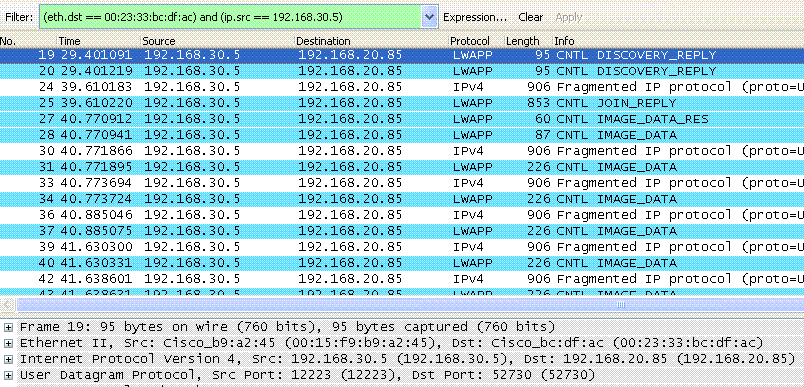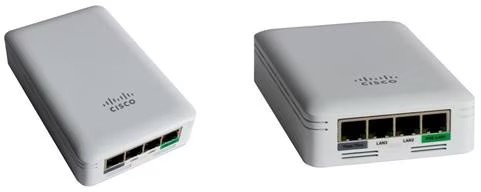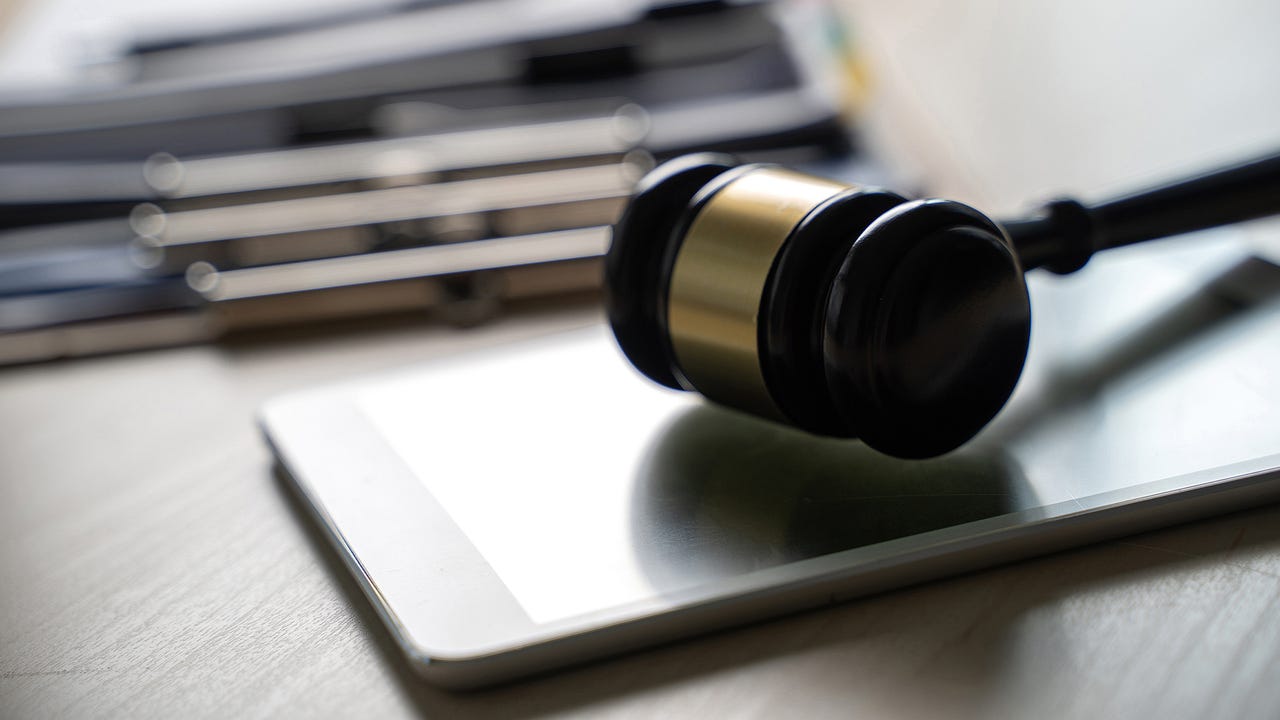































 Juststock via iStock/Getty Images
Juststock via iStock/Getty Images Batterygate payday is here at last.
Apple will pay each of the claimants who joined a 2020 class-action lawsuit about$65, as a judge has cleared the way for the$500 million settlement. The lawsuit was filed after Apple admitted that it slowed down some iPhone models' performance in 2017.
The qualifying iPhone models include the iPhone 6, 6 Plus, 6s, 6s Plus, and SE running iOS 10.2.1 or later before December 21, 2017; and the iPhone 7 and 7 Plus running iOS 11.2 or later before that same date.
Also: Apple may be adding USB-C charging to older iPhones now, too
The settlement awarded a total of between$310 and$500 million to more than 3 million claimants, but how much customers will be paid isn't set in stone; the$65 is an estimate. However, only some owners of these iPhone models will receive payment as the deadline to participate in the lawsuit was October 6, 2020.
Apple was accused in 2018 of purposely slowing down the performance of these iPhone models after users began complaining of unexpected shutdowns between 2015 and 2016. The shutdowns would happen spontaneously, even if the phones had over 30% battery life, resulting from the disparity between the hardware and the increasing demands of constantly updating iOS, the iPhone's operating system.
Apple heeded these complaints and rolled out a software update to fix the shutdown problem. This update, however, only throttled the performance of these iPhones to try to "prevent the device from unexpectedly shutting down" in cold conditions, when they had a low battery, or if they'd gotten old, according to a statement at the time.
Also:Apple may unveil your next iPhone on September 12: What we're expecting
After admitting in 2017 that it intentionally slowed down performance for some older iPhone models to prevent other shutdown issues, Apple found itself embroiled in the lawsuit.
 Etiquetas calientes:
tecnología
Los teléfonos inteligentes
Etiquetas calientes:
tecnología
Los teléfonos inteligentes